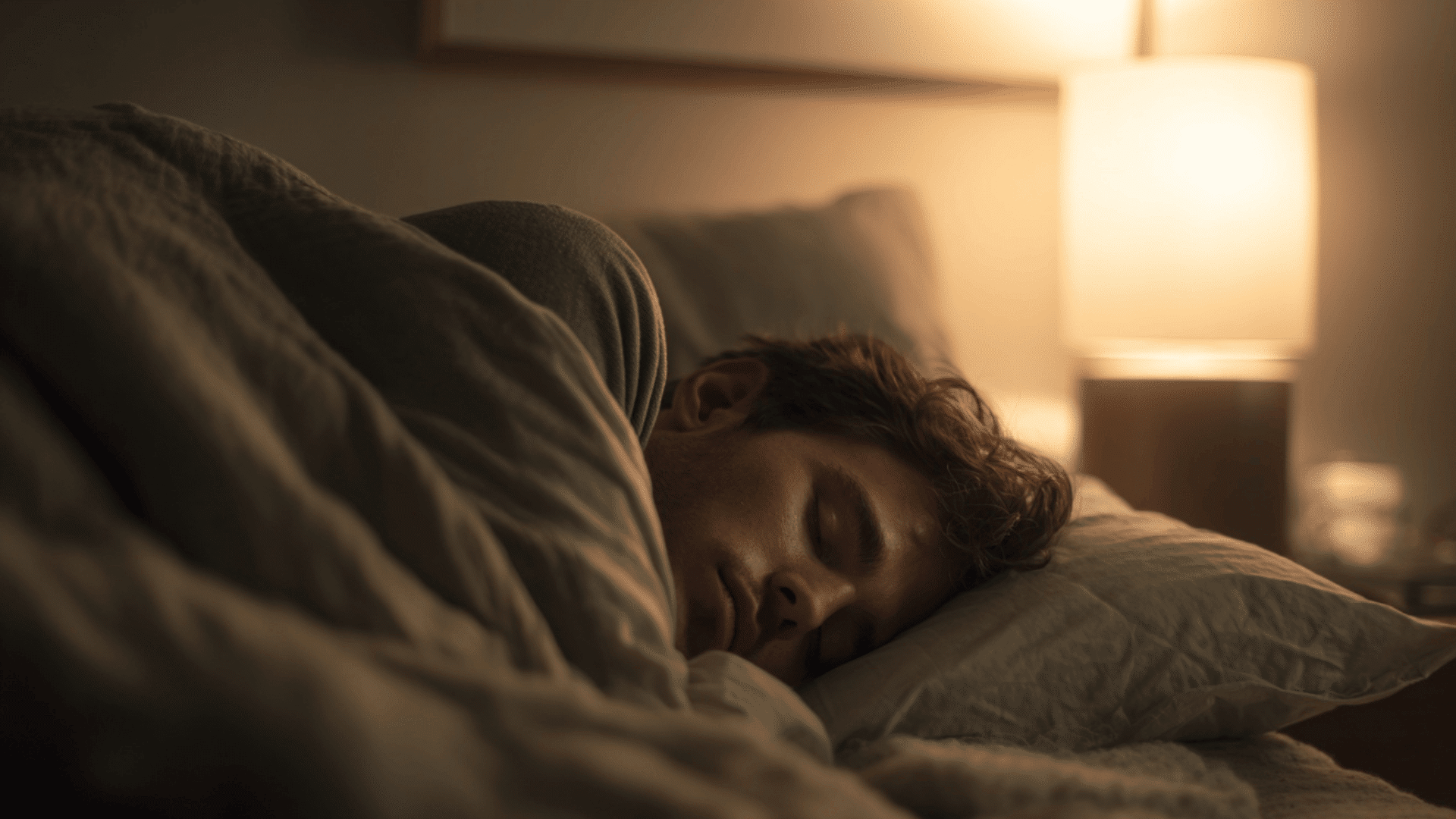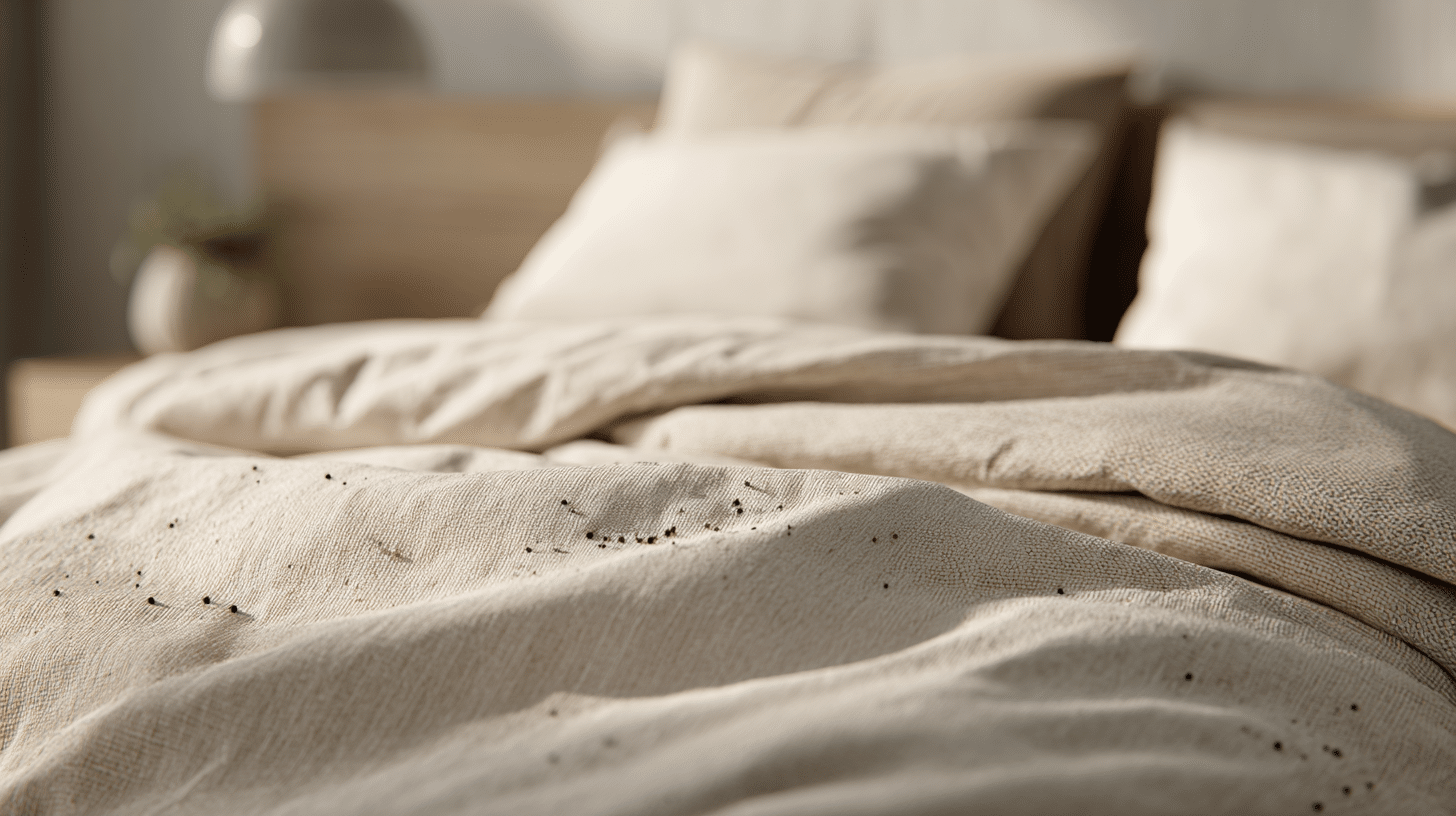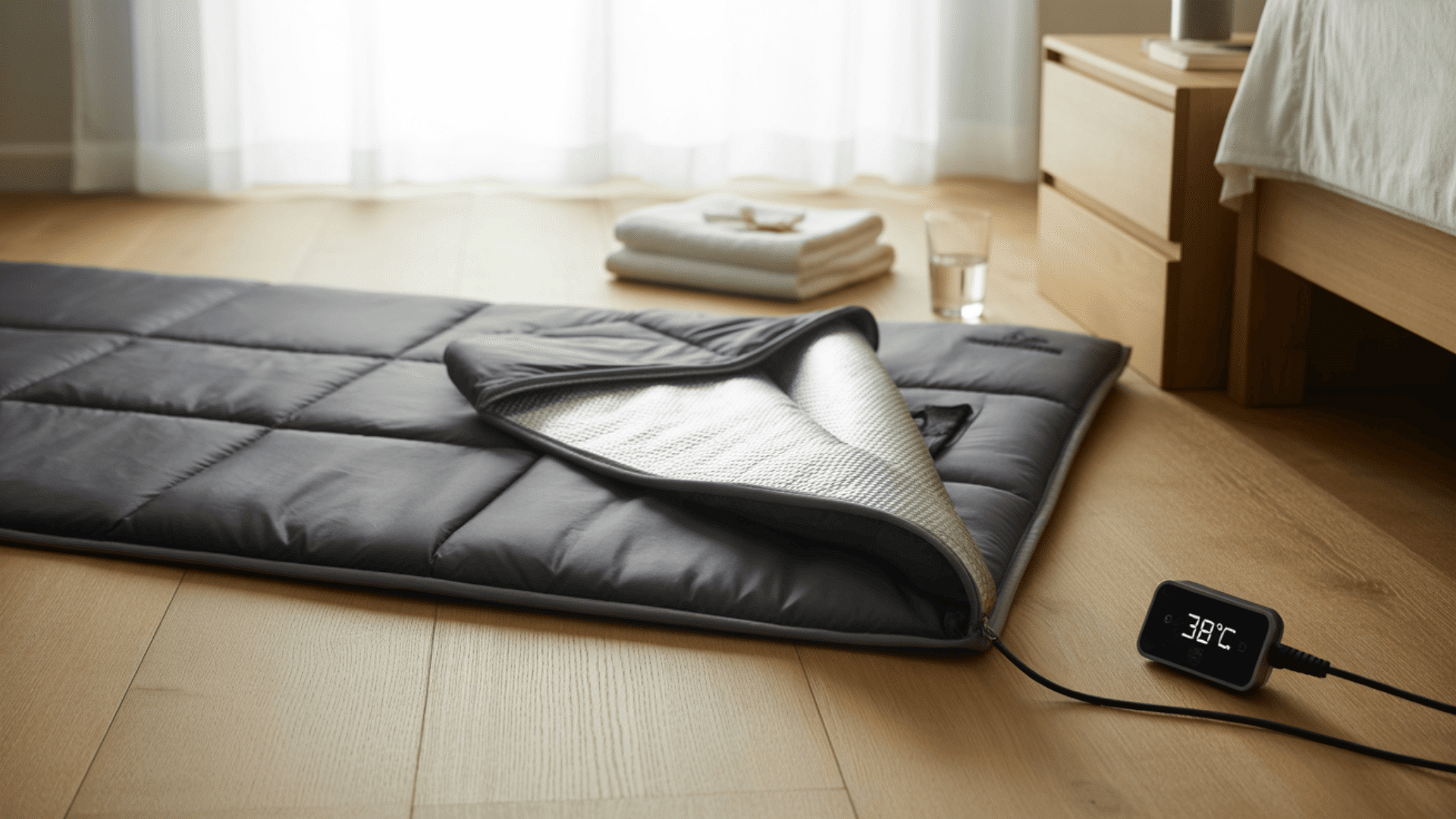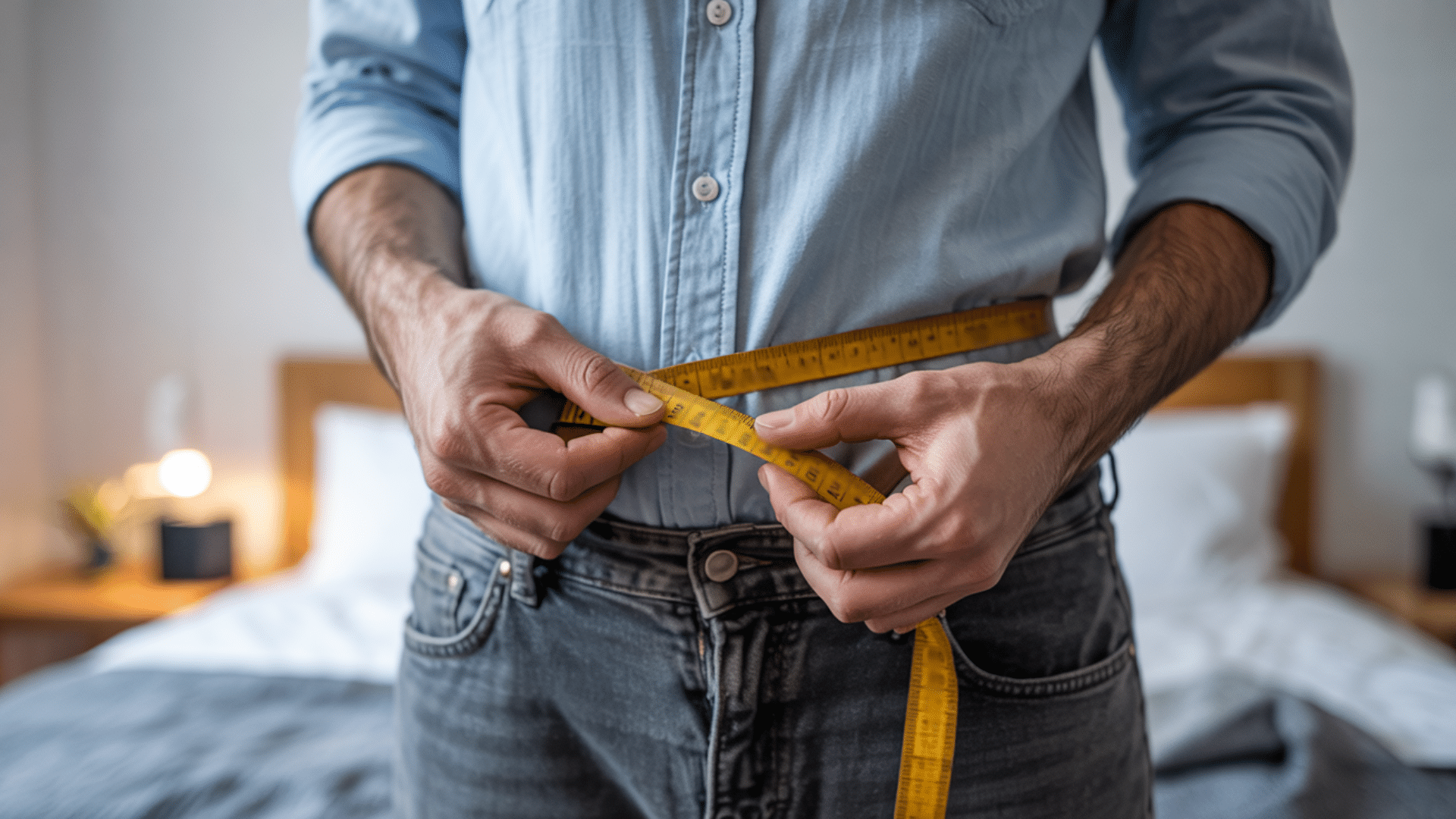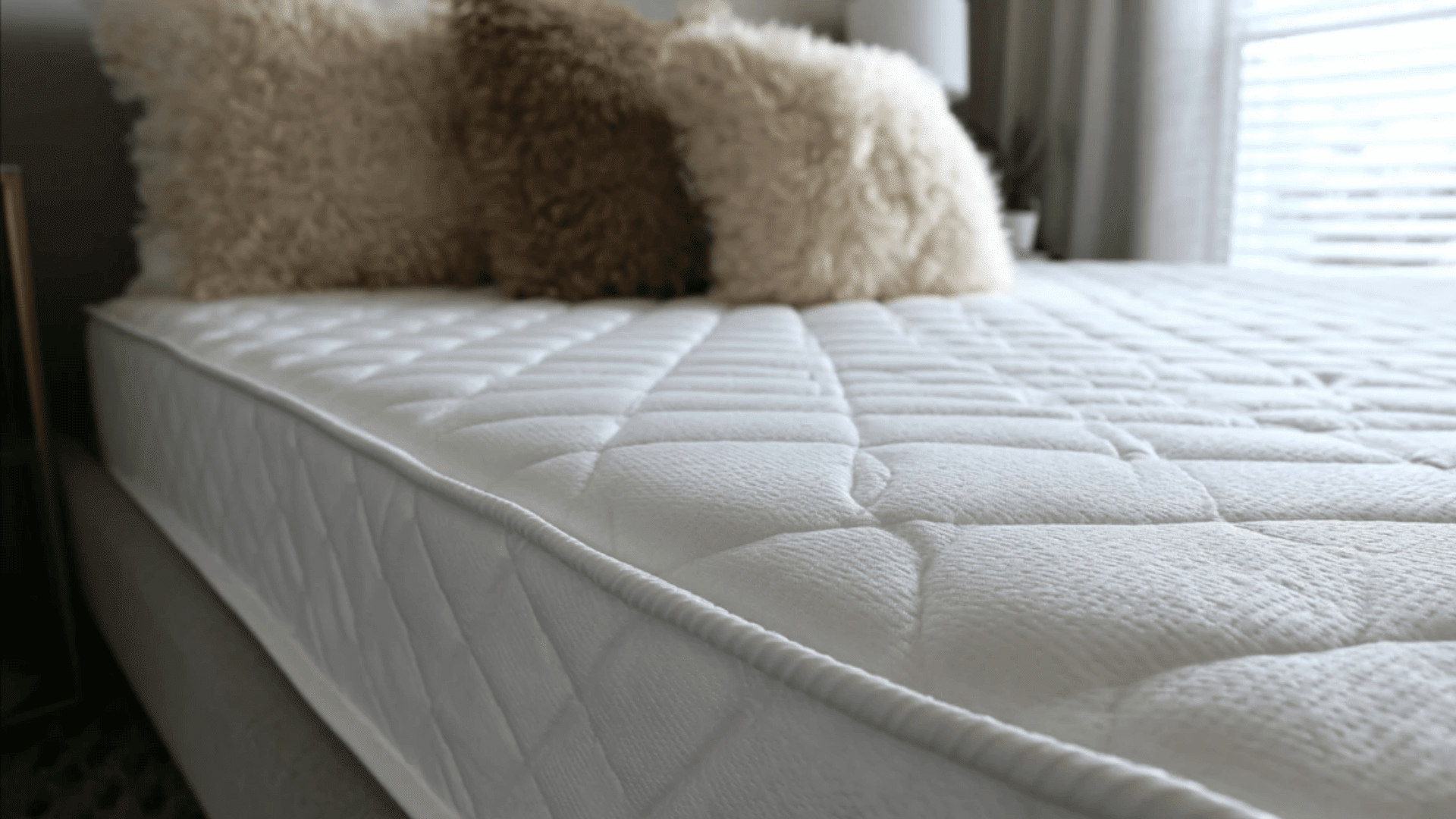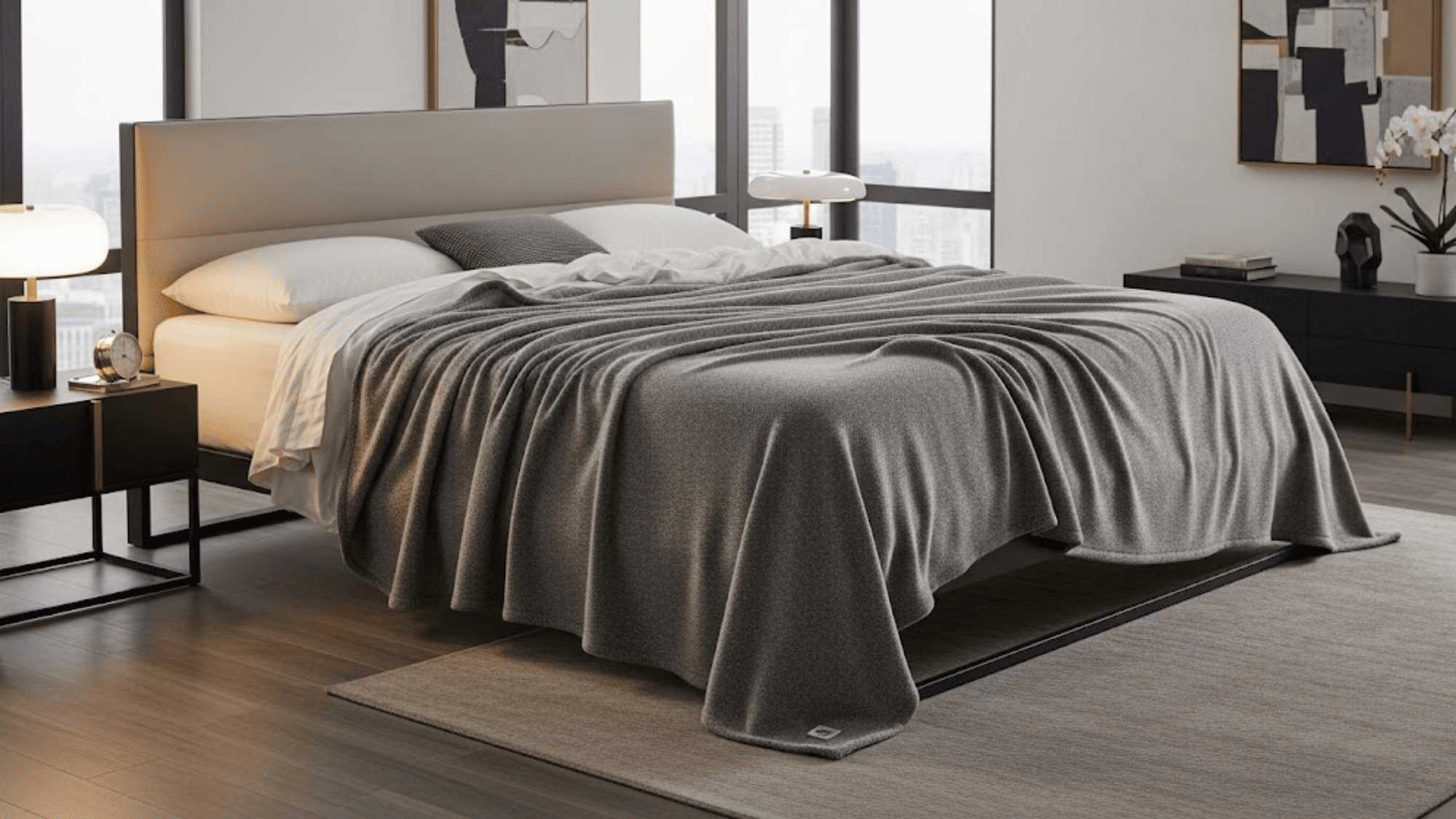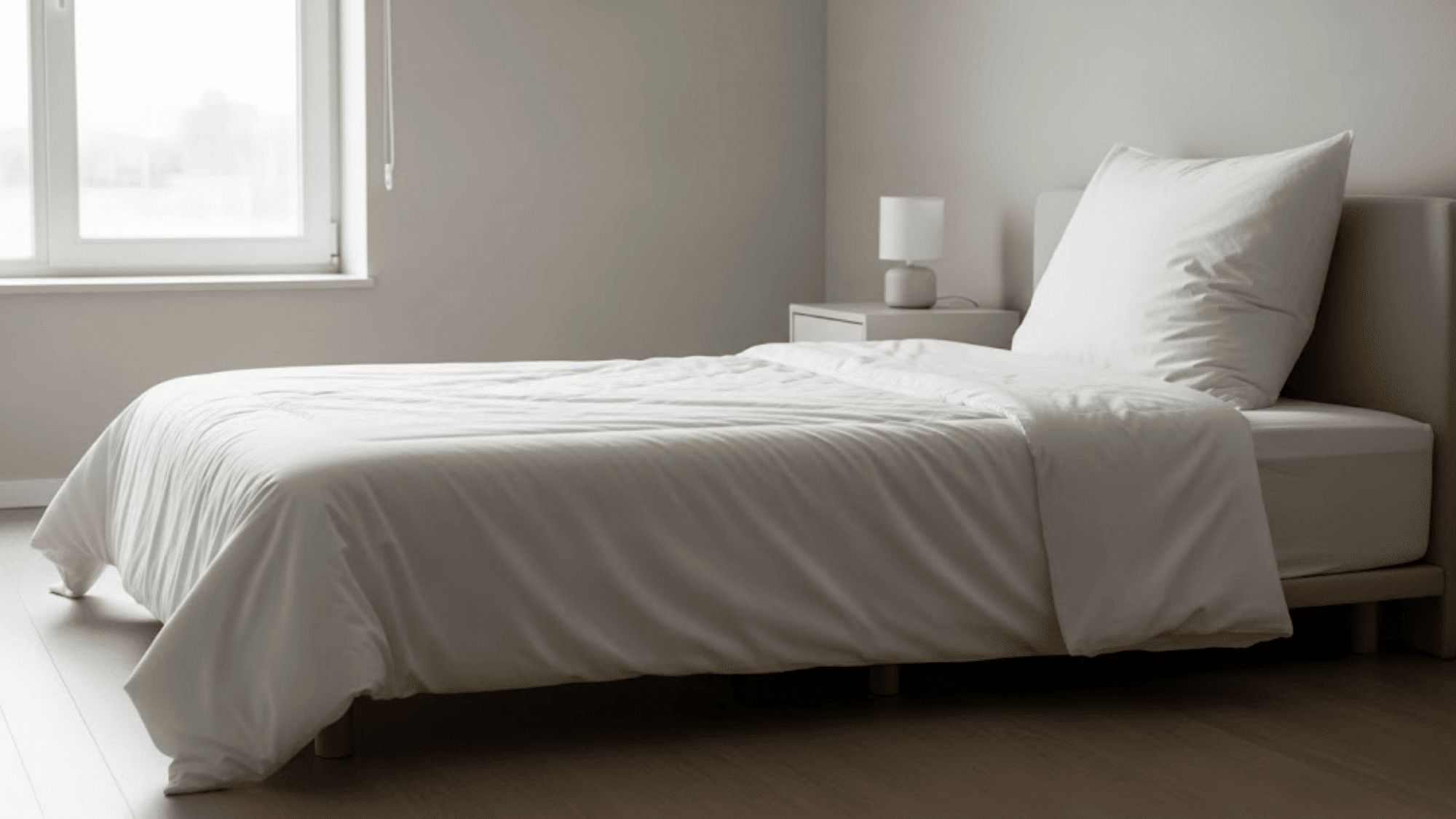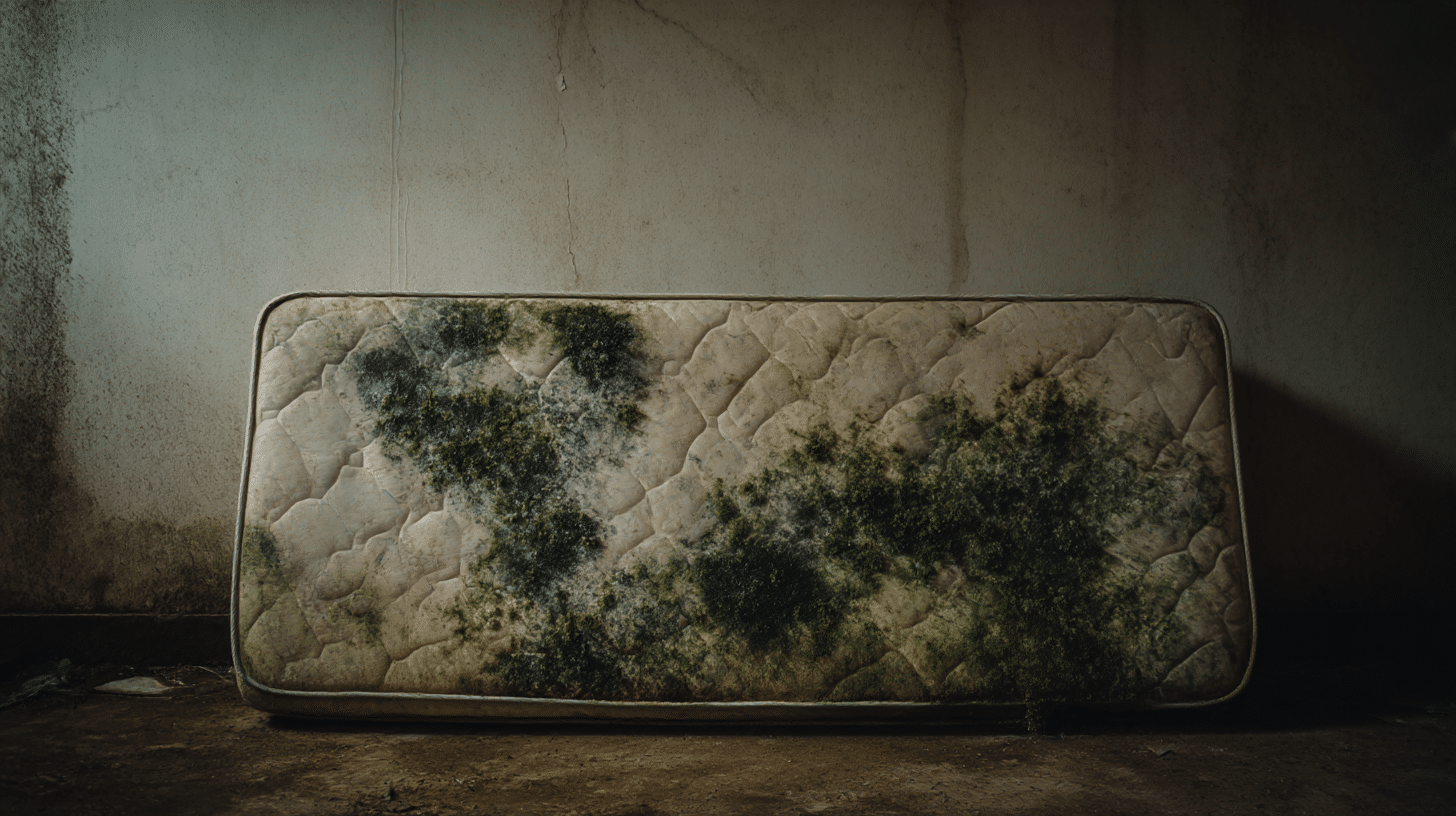If you’re struggling with sleep apnea and wondering if it counts as a disability, you’re not alone.
Millions of Americans deal with this sleep disorder that causes breathing to stop and start during sleep.
While you might feel exhausted and unable to function normally at work, the question “Is sleep apnea a disability?” isn’t straightforward, but there’s hope.
If you’re considering Social Security benefits, VA disability ratings, or workplace protections under sleep apnea disability laws, understanding your options can make all the difference.
This guide will walk you through everything you need to know about sleep apnea disability claims, from medical requirements to application processes.
Understanding Sleep Apnea: The Basics You Need to Know
Sleep apnea is more than just loud snoring – it’s a serious condition that affects your breathing while you sleep.
Your airway becomes blocked, or your brain fails to signal your breathing muscles properly.
There are three main types: Obstructive Sleep Apnea (OSA) is the most common, caused by the throat muscles relaxing and blocking your airway.
Central Sleep Apnea (CSA) happens when your brain doesn’t send proper signals to the breathing muscles. Complex or Mixed Sleep Apnea combines both types.
| Category | Details |
|---|---|
| Common Symptoms |
|
| Main Causes |
|
| Treatment Options |
|
These symptoms can seriously impact your daily life and work performance, which is why understanding your disability rights becomes so essential.
Is Sleep Apnea a Disability? Understanding Disability Rights
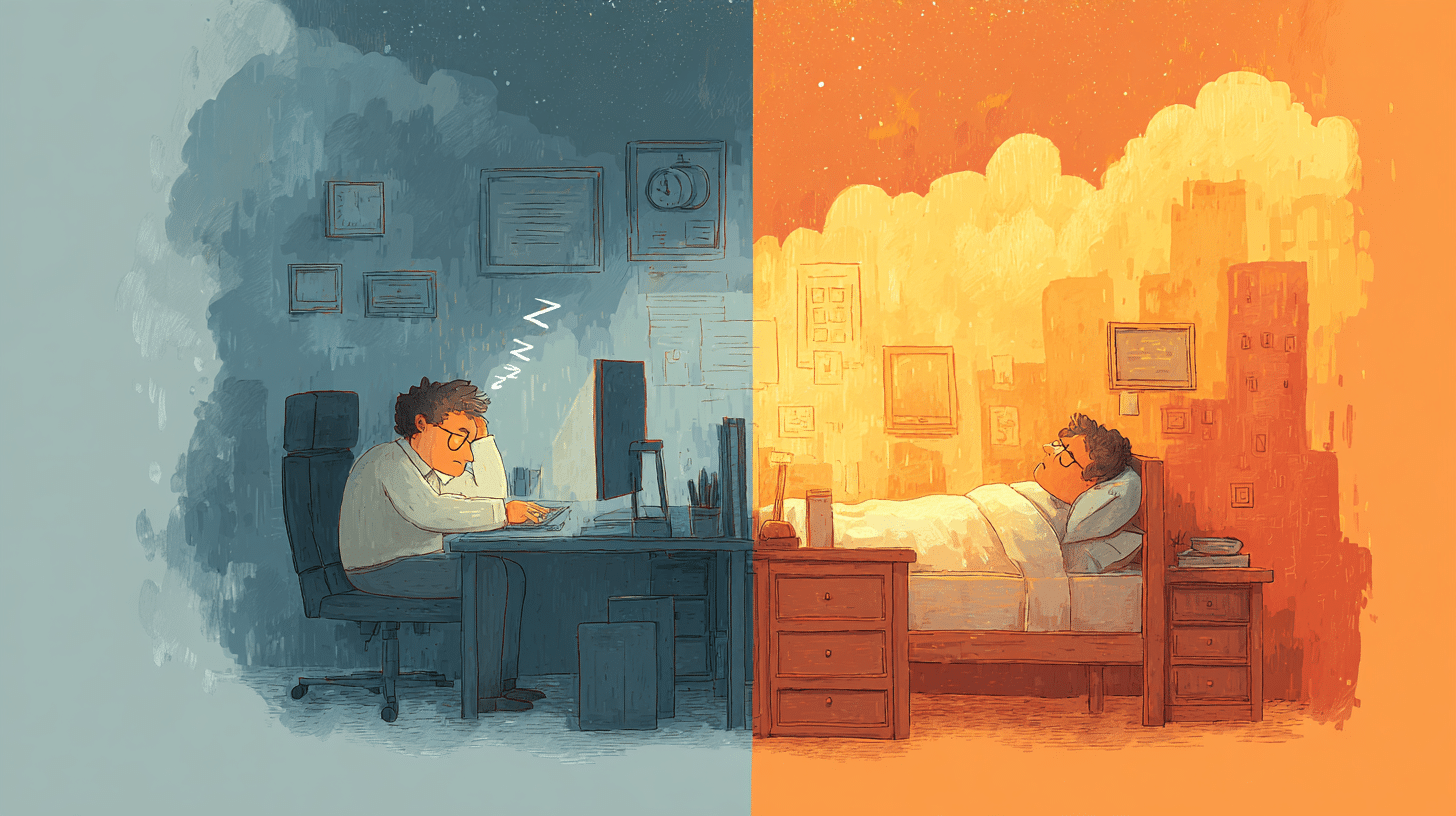

The Social Security Administration (SSA) doesn’t list sleep apnea as a disability in its Blue Book. However, this doesn’t mean you can’t get benefits.
Sleep apnea can qualify as a disability when it causes or worsens other severe health conditions. For example, it might lead to heart problems, high blood pressure, or cognitive issues that qualify for disability benefits.
Many people asking “is sleep apnea a disability?” find that the condition itself may not qualify, but its effects on other body systems often do.
Under the Americans with Disabilities Act (ADA), sleep apnea disability protection may apply if it significantly limits a significant life activity like sleeping or working.
Private disability insurance plans often cover sleep apnea, especially when you have proper medical documentation showing how it affects your job performance.
How Sleep Apnea Can Impact Your Ability to Work
Sleep apnea doesn’t just affect your nights – it can make working nearly impossible. Constant fatigue and poor concentration can turn simple tasks into significant challenges.
If you work in safety-sensitive jobs like driving or operating machinery, untreated sleep apnea becomes a serious safety concern.
Office workers struggle with memory problems, missed deadlines, and frequent absences due to exhaustion.
The key is documenting how sleep apnea prevents you from maintaining steady employment. This functional impact matters more than the diagnosis itself when applying for disability benefits.
Getting Social Security Disability with Sleep Apnea
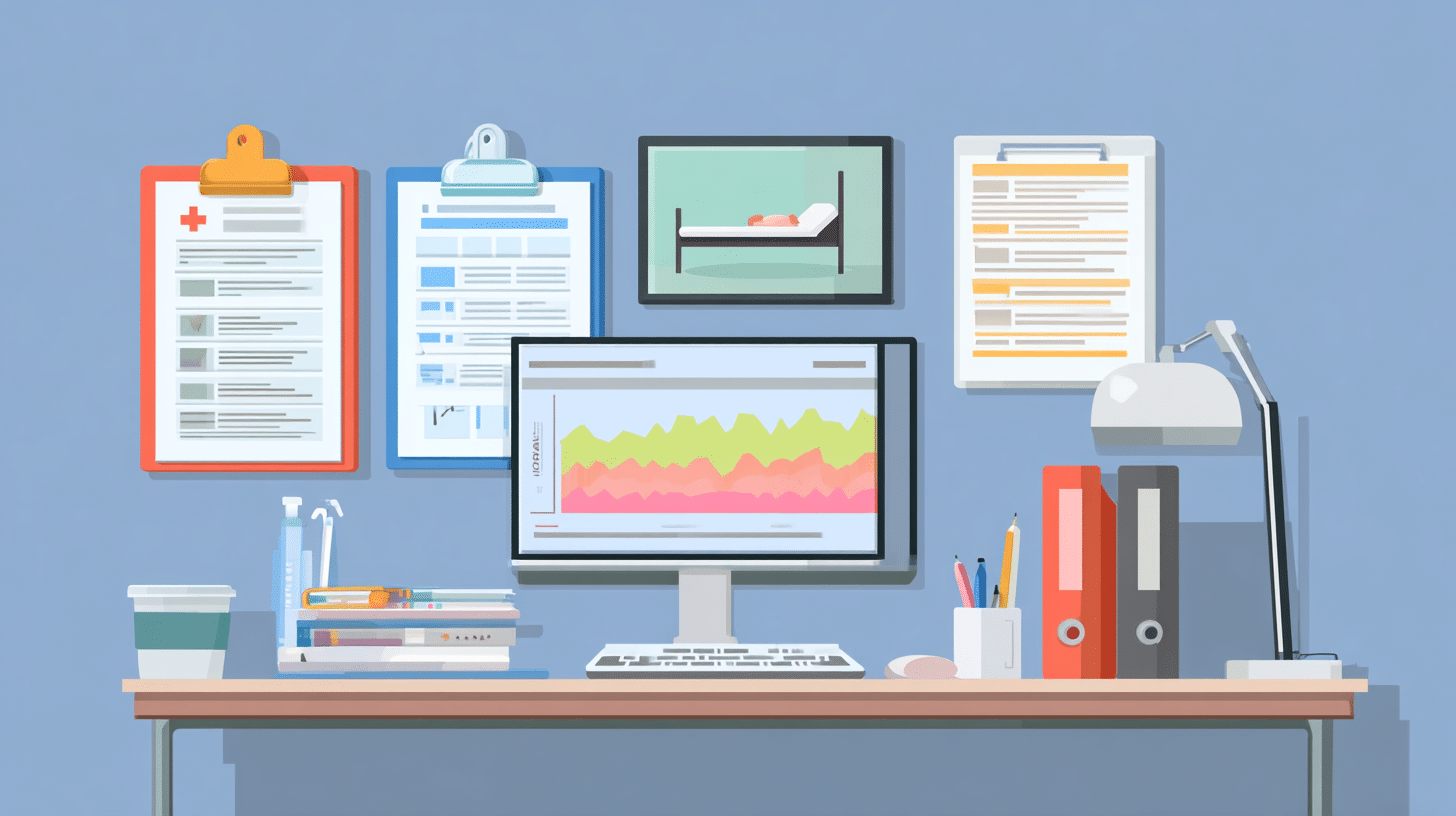

While sleep apnea alone doesn’t automatically qualify for Social Security disability, you have two main paths to approval when pursuing sleep apnea disability benefits.
Pathway 1 – Meeting a Blue Book listing
Sleep apnea must cause or worsen a condition that IS listed in the Social Security Administration’s (SSA) Blue Book, such as:
- Chronic pulmonary hypertension (3.09)
- Chronic heart failure (4.02)
- Neurocognitive disorders (12.02)
Pathway 2 – Residual Functional Capacity (RFC) evaluation:
The SSA assesses what work tasks you can still perform despite your limitations.
This evaluation looks at your physical and mental abilities to determine if you can maintain substantial gainful activity (SGA).
The key point is that sleep apnea can prevent you from working for 12 months or longer.
Even if you don’t meet exact Blue Book criteria, an RFC evaluation might still approve your claim based on your inability to perform substantial gainful activity.
Alternative Options When SSA Says No
Don’t give up if your initial Social Security application gets denied—this happens to most people. You can still win benefits by showing how sleep apnea combines with other health problems to limit your work capacity.
You can still win benefits through:
- Documentation of related impairments and complications
- Detailed work history showing job limitations
- Records of failed treatments and ongoing symptoms
- Evidence of compounding issues like fatigue, cognitive impact, and associated conditions (diabetes, depression)
|
The importance of appeals: Most successful disability claims involve appealing initial denials. Working with a disability attorney can significantly improve your case development and presentation of medical evidence. |
Consider hiring a disability attorney who understands how to present medical evidence effectively and can handle the appeals process.
They know how to frame your limitations in ways that improve your chances of approval.
Veterans Affairs (VA) Disability Benefits
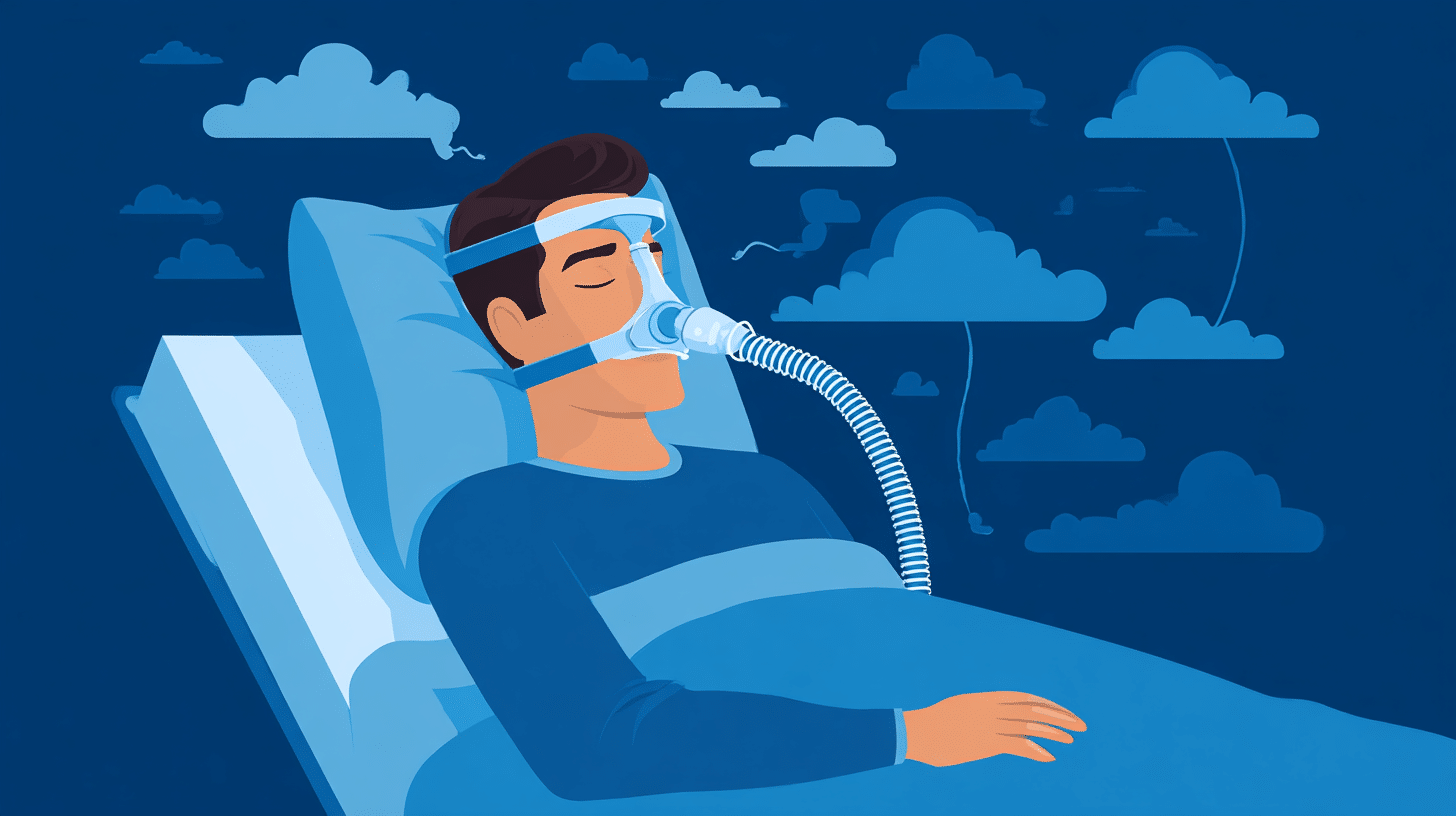

Veterans have better options for sleep apnea disability benefits. The VA does recognize sleep apnea as a disability and rates it based on severity and treatment needs.
VA ratings for sleep apnea: The VA assigns disability ratings of 0%, 30%, 50%, or 100% based on your symptoms and treatment requirements.
Using a CPAP machine typically supports at least a 50% rating, which can mean significant monthly compensation.
Requirements for VA sleep apnea disability:
- Sleep study diagnosis – Official polysomnography results confirming your condition
- Evidence of service connection – Medical records or circumstances linking your sleep apnea to military service
- Nexus letter from a physician – A doctor’s written opinion explaining how your military service caused or worsened your sleep apnea
Important note: CPAP use almost always supports at least a 50% VA disability rating, making this pathway often more favorable than Social Security for eligible veterans.
VA benefits can range from $0 to over $3,000 monthly, depending on your disability rating and number of dependents, making this an important option to consider if you served in the military.
Essential Medical Records for Any Disability Claim
Strong medical documentation is crucial for any disability claim, whether through SSA, VA, or private insurance.
Without proper records, even severe symptoms won’t be enough for approval.
| Document Type | Description | Why It’s Important |
|---|---|---|
| Polysomnography (sleep study results) | Official diagnosis showing severity and type of sleep apnea | Provides medical proof of your condition |
| CPAP machine compliance logs | Detailed reports showing usage patterns and effectiveness | Shows treatment compliance and ongoing need |
| Doctor’s notes and RFC evaluations | Regular treatment records and functional capacity assessments | Documents ongoing symptoms and work limitations |
| Hospital visit records | Emergency visits or admissions related to complications | Proves the severity of the condition |
| Complete medication and therapy records | All treatments attempted and their results | Shows comprehensive treatment history |
| Impact statements | How sleep apnea affects work performance and daily functioning | Critical for proving disability impact |
| Work absence records | Documentation of missed work days due to fatigue or appointments | Demonstrates work-related limitations |
| Failed treatment documentation | Records of unsuccessful surgeries, devices, or therapies | Shows that standard treatments haven’t worked |
Key point: Even severe symptoms won’t get you approved without solid documentation that proves exactly how sleep apnea stops you from working or handling daily tasks.
Most importantly, get written statements from your doctors explaining precisely how sleep apnea prevents you from working.
These functional impact statements carry the most weight in disability decisions and should detail specific limitations like concentration problems, safety concerns, and attendance issues.
How to Apply for Your Sleep Apnea Disability Benefits
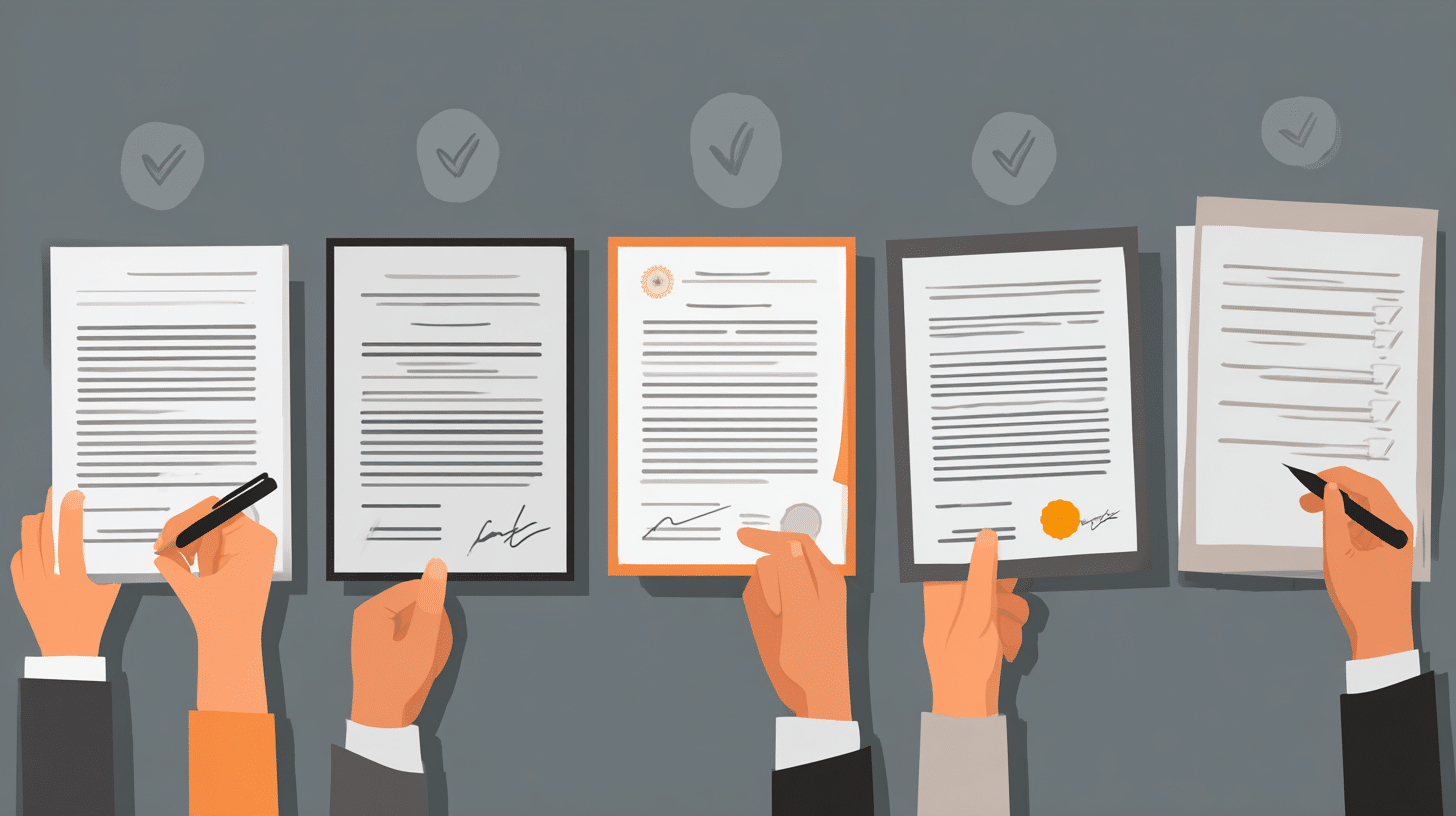

Ready to take action? Here’s your step-by-step guide to applying for each type of benefit and what you can expect in return.
Social Security Disability (SSDI/SSI):Apply online at ssa.gov, call 1-800-772-1213, or visit your local office. Expect an initial denial – 75% of applications are rejected the first time. Appeals are common and often successful with proper legal help.
VA Disability Claims:File VA Form 21-526EZ with your service records and medical nexus letter. Work with a VA-accredited claims agent for best results – they know the system inside and out.
Private Disability Insurance: Check your employer’s policy immediately – many have strict 90-180 day filing deadlines. Keep detailed medical records and document all work performance issues.
Payment Amounts:
- SSDI: $800-$3,800 monthly based on work history
- VA: $0-$3,800+ monthly based on rating and dependents
- Private: 60-70% of pre-disability income
Important tip: Start early, document everything, and don’t be afraid to seek legal guidance. Most successful claims involve thorough preparation and often professional assistance with the application process.
Quick Reference: Sleep Apnea Disability Pathways
Need a quick comparison of your options? This table outlines the key differences between disability programs and their requirements for sleep apnea claims.
| Criteria | SSA Disability | ADA Protection | VA Disability |
|---|---|---|---|
| Sleep apnea alone | No | Sometimes (case-by-case) | Yes (if service-connected) |
| Results in the qualifying condition | Yes | Yes | Yes |
| Medical documentation required | Yes | Yes | Yes |
| Must affect the ability to work | Yes | Major life activity | Yes |
| Requires CPAP for eligibility | No | No | Often Yes |
| Duration requirement | 12+ months | Ongoing impairment | N/A |
| Legal/advocacy recommended | Yes | Sometimes | Often |
This comparison shows that veterans typically have the easiest path to approval, while Social Security requires more complex documentation.
Each program has different strengths depending on your specific situation and service history.
Taking Action: Your Next Steps Forward
Sleep apnea might not always qualify as a standalone disability, but it can impact your ability to work and deserves recognition.
If through Social Security, VA benefits, or workplace accommodations, options exist to help you get the support you need for your sleep apnea disability.
The key is thorough documentation, proper medical treatment, and understanding which programs best fit your situation.
Remember that most applications face initial rejection, so don’t give up after the first “no.”
With patience, proper documentation, and potentially legal help, you can secure the benefits you deserve.
Start gathering your medical records today and take the first step toward getting the support you need.


